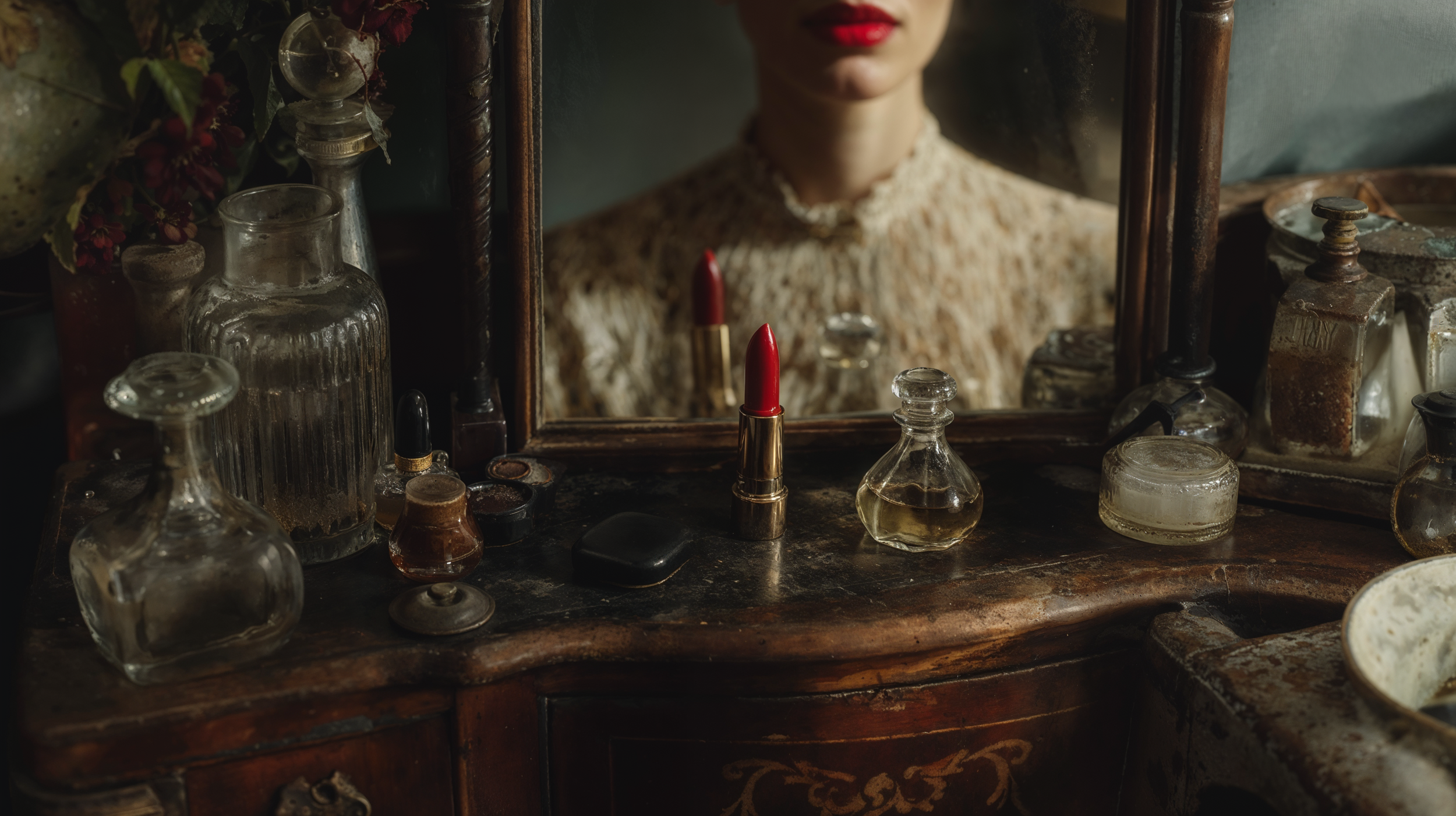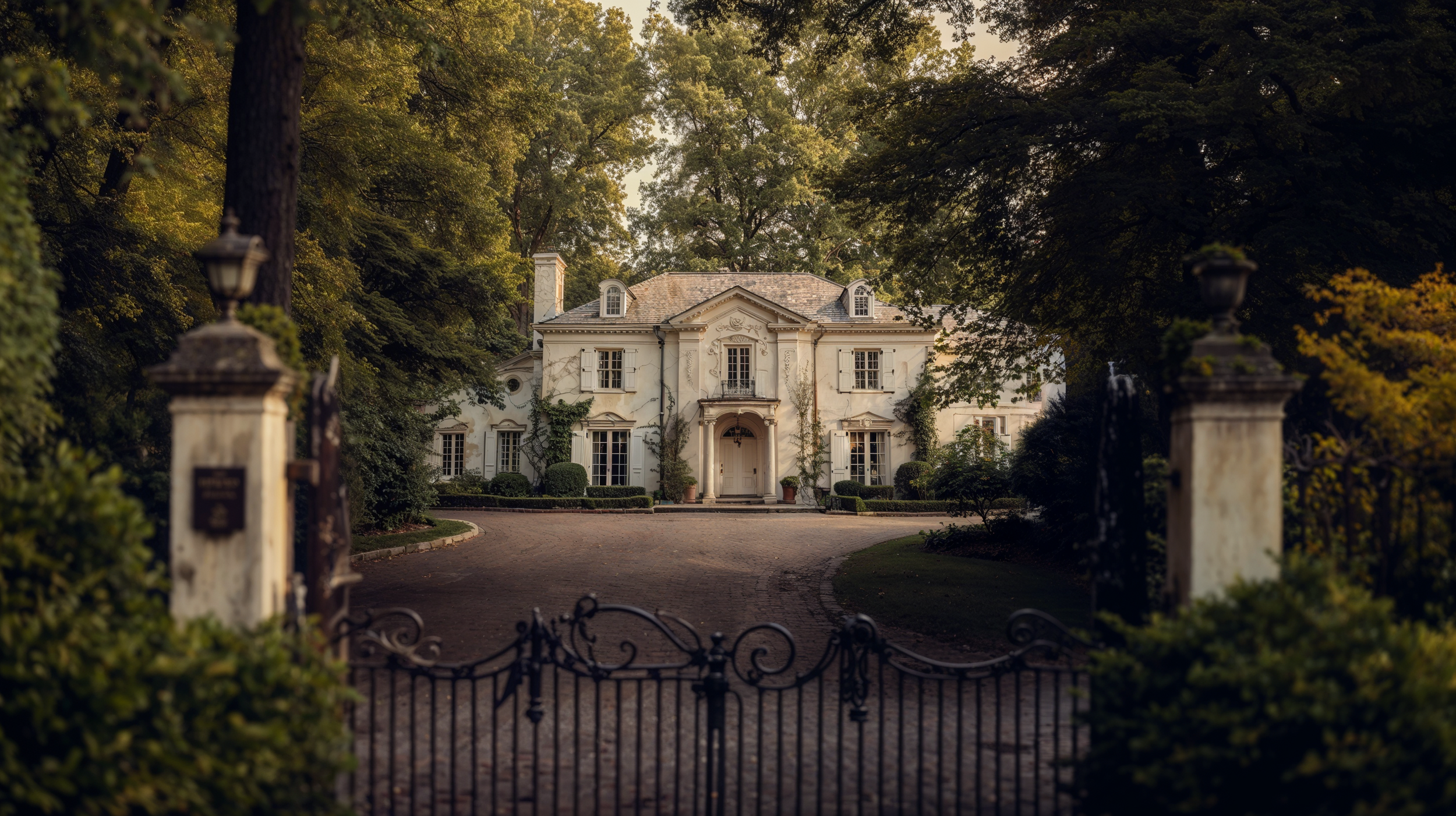Marlowe
“I never meant to change. But truth has a hue you can’t unsee.”
Welcome to Lavender Glen—where everything looks perfect, until it doesn’t.
This is the story of Marlowe Finch.
Strange, maybe, to begin a tale of housewives with someone who was never a wife—
but Marlowe was the first to change.
She didn’t fit in.
She didn’t try to.
And she never apologized for becoming exactly what they whispered about.
Worst of all?
She was unmarried.
This is Chapter One of The Peculiar Housewives, an original surreal suburban serial by Cassandra the Creatrix.
Marlowe Finch never fit into Lavender Glen—
and she had no desire to.
She lived outside town lines, beyond the welcome sign,
on land passed down through the Finch women long before sidewalks made everything straight.
The house sagged slightly, stubborn and sun-stained.
But it was hers.
She always refused to build a fence—said she had no interest in keeping anyone out, or locking herself in.
Still, she made it hers again.
Hand-sewn curtains that swayed like secrets.
A garden that bloomed too early and too often.
And mismatched teacups that always held whiskey, never tea.
She wore silk robes to prune roses.
She danced barefoot in the yard like the moon was watching.
And maybe it was.
The women called her strange.
The men called her “Marlowe.”
Always with a pause—like her name had bite.
No one called her “Miss Finch.”
Not yet.
---
She used to teach art at the high school.
Not anymore.
It wasn’t a man who complained
.
It was the Ladies’ Council—prim, pressed, and terrified their daughters might see a breast carved in marble.
They demanded the statues be removed
.
Marlowe didn’t raise her voice.
She just smiled and said,
“If the human form offends you, perhaps the problem isn’t the statue.”
Two more were wheeled in the next day.
She never made her students draw fruit bowls.
She told them to paint the silence right before a storm.
To sketch what it feels like to be watched and not seen.
To color the things they’d never say out loud.
She got written up. Often.
She read every reprimand like it was fiction,
signed them in cursive—
and kissed the bottom corner with her signature red lips, a middle finger sealed in crimson.
Eventually, they removed her.
The changed ones always were.
They blamed it on her mother, of course.
Constance Finch —once the town’s librarian, now a name spoken only in whispers.
All anyone would say was that a certain book was found where it shouldn’t have been,
wrapped in butcher paper
.
A book some said was passed from woman to woman like a secret.
That was the end of Constance’s career.
And the beginning of Marlowe’s exile.
---
So when the sky began to flicker, and they began to change—
Marlowe didn’t run.
She packed her shears, her sketchbooks, and her mother’s whiskey,
walked up the hill,
and claimed Rosethorne Estate —
a buttoned-up monument to good taste and empty lives.
All symmetry and silence. A house built for show, not soul.
Some say she renamed it.
No one knows what she calls it now.
It used to belong to the Whitlocks.
They left in the middle of the night, fast enough to leave their porch light on and their dinner plates still warm.
Word was, their nanny’s face had turned green, mottled with red spots.
She began speaking to the children telepathically
.
They understood her perfectly—
and never spoke out loud again.
Marlowe didn’t knock.
She didn’t ask.
The house opened.
Of course it did.
---
Now she floats — in the middle of the damn day —
in the pristine pool behind the estate.
Silk robe drifting around her like fog.
A glass of something strong on the ledge.
Sometimes she sings.
Sometimes she laughs.
Sometimes she just stares at the sky like she knows something it forgot.
But she doesn’t just float.
She takes in strays—quiet kids, twitchy housewives, any “changed one”.
She hosts midnight lessons, slips notes into library books, carves symbols into stone.
No one talks about the messages. But they’re always read.
She reminds them they’re not broken—just becoming.
She doesn’t wave.
She refuses to cover her legs.
She rarely speaks to the townspeople.
But there’s a calm about her—something warm, steady, unbothered.
Like she knows exactly who she is, and welcomes anyone brave enough to find out.
And somehow—despite everything—they all call her “Miss Finch” now.
Even the ones who once built their fences to keep her out.








